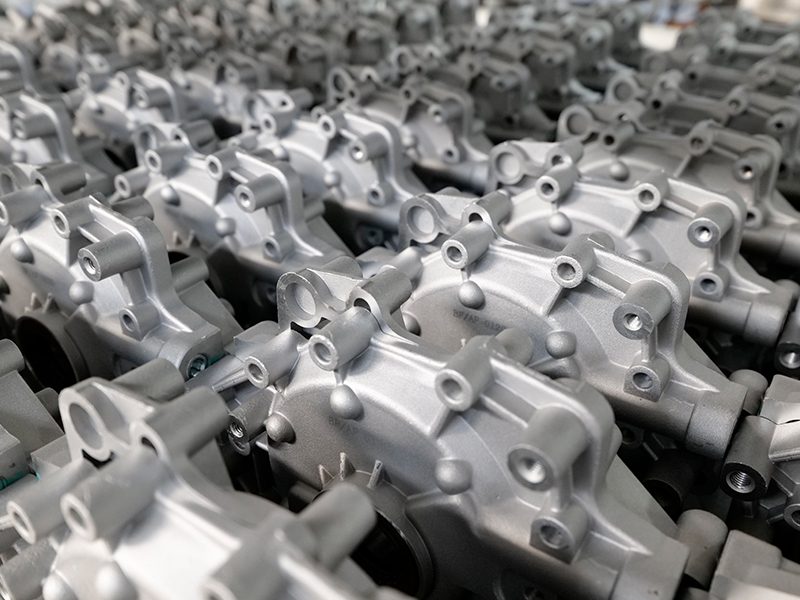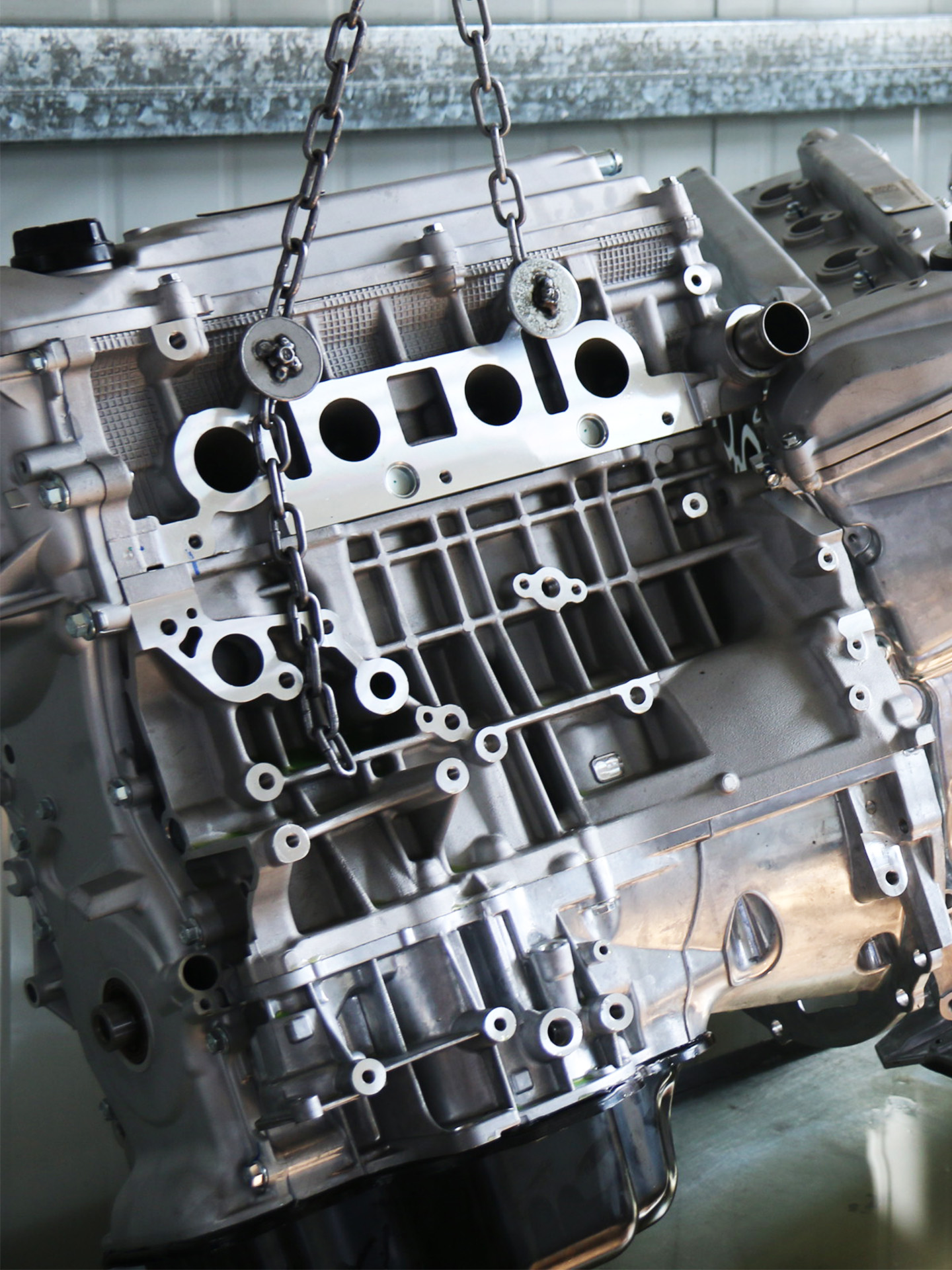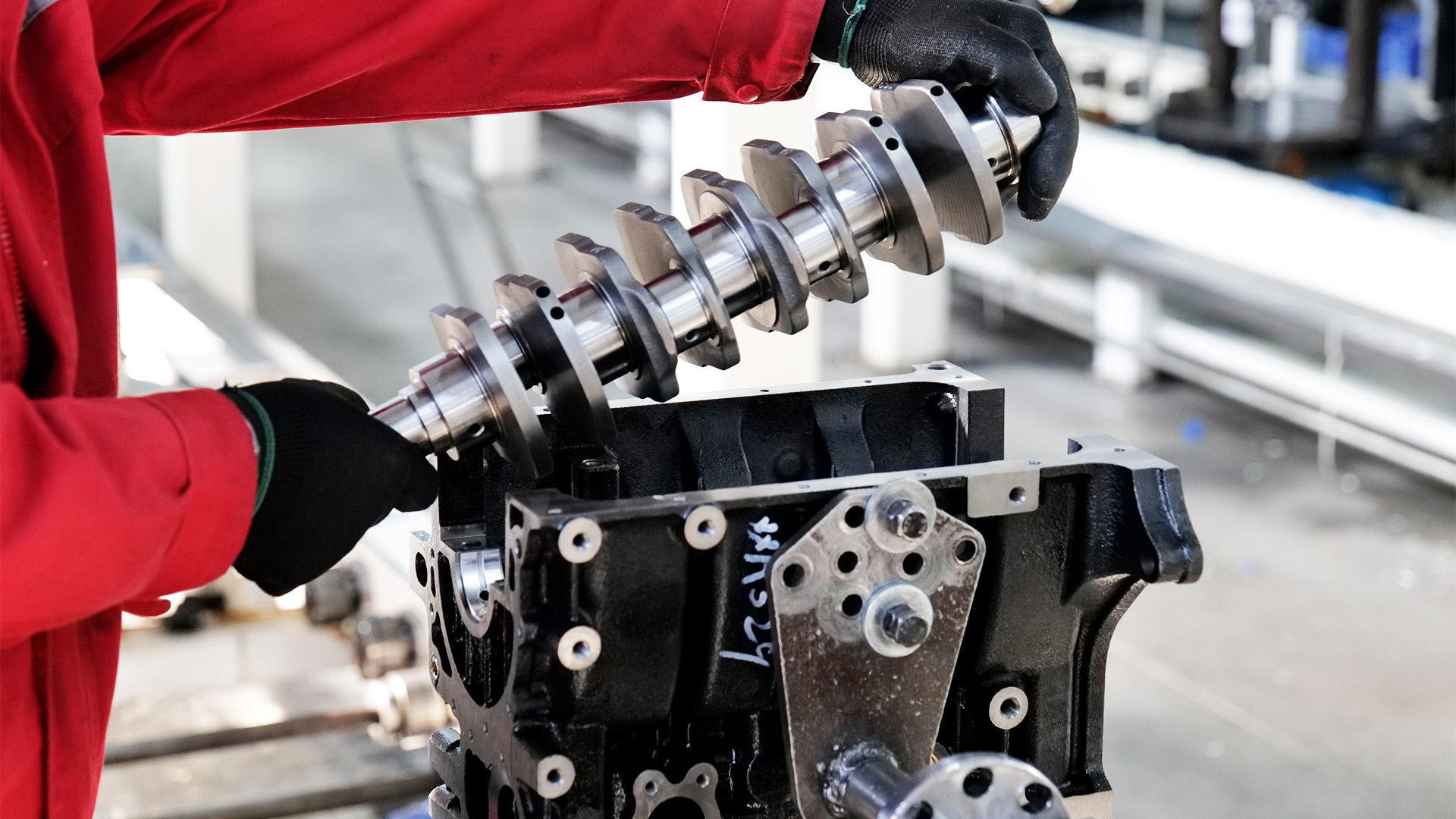Your car’s oil pump might not get much attention, but its importance to your engine’s performance is undeniable. By ensuring every part gets the lubrication it needs, it prevents wear and tear that could lead to serious damage. When the oil pump starts to fail, though, the consequences can be costly—or even catastrophic.
In this article, we’ll break down the warning signs of a bad oil pump, how to catch the problem early, and what you can do about it. Don’t ignore the red flags—read on to protect your car’s engine and save yourself from expensive repairs!
What is an Oil Pump and Why Does It Matter?
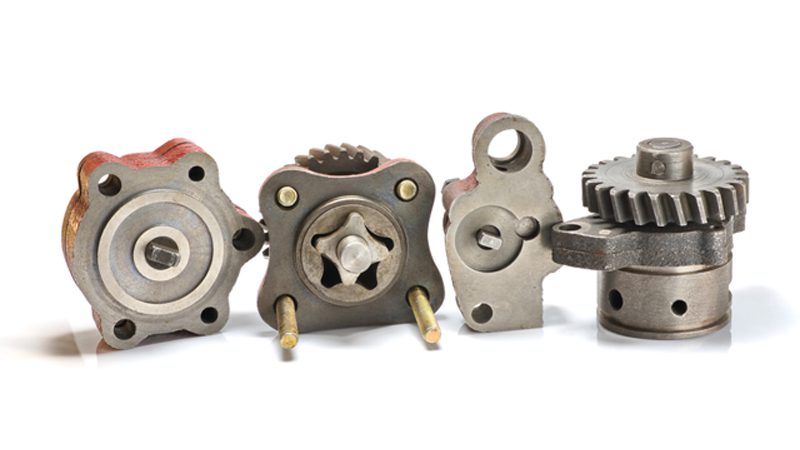
Located at the bottom of the engine and typically driven by the crankshaft, the oil pump plays a critical role in keeping your engine running smoothly. It circulates oil to lubricate moving parts, minimizing friction and wear for optimal performance.
Additionally, the oil pump helps regulate engine temperature by carrying away excess heat, preventing overheating and keeping everything in good working order.
However, if the oil pump fails, problems can escalate quickly. Without proper lubrication, engine components begin to grind against each other, causing excessive wear, overheating, and potentially serious damage.
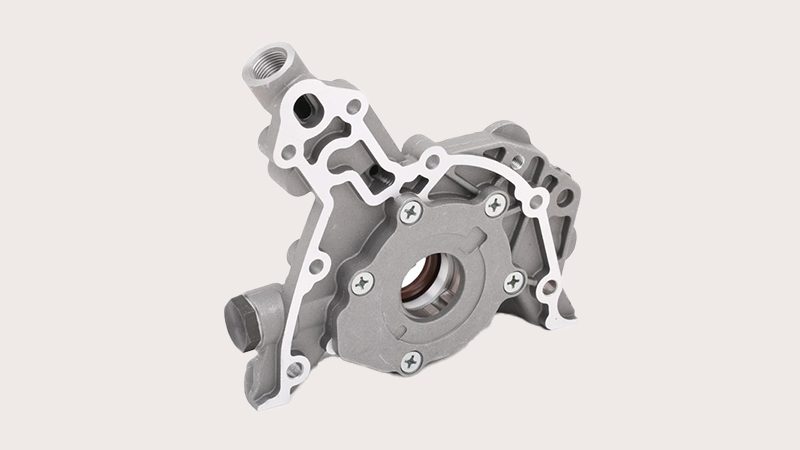
Bad Oil Pump Symptoms
A failing oil pump could spell disaster for your engine if it’s not addressed in time. Here are some key signs to watch out for:
1. Low Oil Pressure
The oil pump is vital for maintaining the correct oil pressure, ensuring your engine gets the lubrication it requires to operate efficiently.
When it starts to fail, you might notice the oil pressure warning light on your dashboard or see a drop in readings on your oil pressure gauge. In some cases, the engine may also feel sluggish and less responsive.
2. Engine Overheating
Without enough lubrication, friction between engine parts increases, causing excessive heat buildup.
This can lead to a rising temperature gauge or even overheating warnings. Ignoring this can escalate into serious damage.
3. Unusual Engine Noises
If your car’s oil pump is on its way out, you might start hearing strange sounds like whining, ticking, or rattling from your engine.
These noises usually mean your engine isn’t getting enough oil flow, which can cause further issues if left unchecked.

4. Increased Engine Wear or Damage
A bad oil pump leads to insufficient lubrication, which can cause your engine’s internal components to wear out faster.
You might notice a loss of power, rough idling, or other signs of declining engine performance over time.
5. Metallic Sounds from the Oil Pump
When the oil pump itself is failing, it can produce metallic grinding or clanking noises.
This is a sign of serious internal damage and needs immediate attention before it leads to catastrophic engine failure.
6. Check Engine Light
A malfunctioning oil pump can activate the check engine light. It’s often linked to diagnostic trouble codes related to oil pressure or lubrication problems.
Using an OBD-II scanner can help you pinpoint whether the oil pump is the culprit.
Catching these bad oil pump symptoms early can save you a lot of time, money, and stress. Don’t ignore the warning signs—acting quickly can make all the difference.
Causes of Oil Pump Failure
Oil pump failure doesn’t just happen out of the blue—it’s often the result of specific issues that can sometimes be avoided.
1. Insufficient or Dirty Oil
One of the most common causes is insufficient or dirty oil. Low oil levels or oil contaminated with debris can clog the pump, preventing it from doing its job effectively.
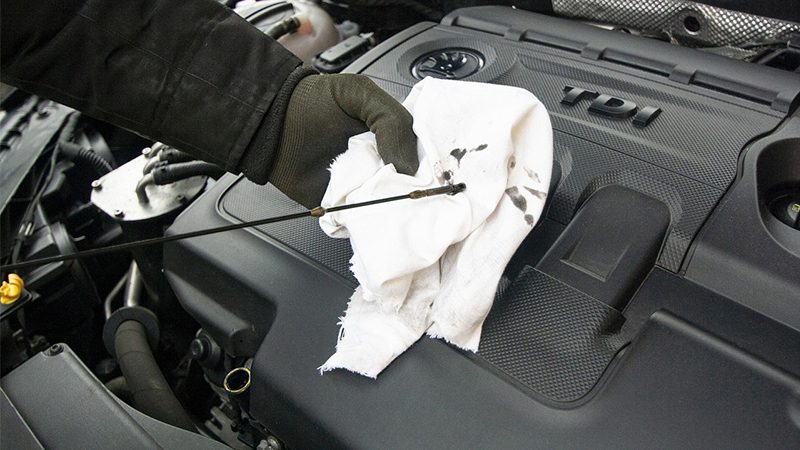
2. Wear and Tear
Another factor is simple wear and tear. Over time, the constant operation of the pump can cause its internal components to degrade, leading to reduced performance or even total failure.
3. Manufacturing Defects or Improper Installation
In some cases, manufacturing defects or improper installation can leave the pump vulnerable to early breakdowns.
4. Excessive Engine Heat
Excessive engine heat is also a big culprit. High temperatures can warp or damage pump components, compromising its ability to circulate oil properly.
How to Diagnose Oil Pump Issues
Start by keeping an eye on your oil pressure readings—if they’re low or fluctuating, it’s a sign something might be wrong.
Listen closely for unusual engine noises like whining, ticking, or grinding, which often indicate oil pump trouble.
You can also run an OBD-II scan if your check engine light is on. This diagnostic tool can reveal trouble codes related to oil pressure or lubrication issues.

Don’t forget to check the oil filter and inspect the oil quality. A clogged filter or dirty oil can sometimes mimic the symptoms of a failing oil pump.
If you’re still unsure or the symptoms don’t add up, it’s best to consult a trusted mechanic. They’ll have the experience and tools to get to the root of the problem and help you avoid serious engine damage.
Consequences of Ignoring a Bad Oil Pump
If you ignore a defective oil pump, the consequences can be severe, both for your engine and your bank account.
Without proper lubrication, engine parts will experience excessive friction, causing significant wear and damage that can eventually fail, potentially leading to a complete engine breakdown. And once that happens, the cost of replacing or repairing the engine will far outweigh the cost of fixing the oil pump early on.
There’s also a safety risk when driving with a bad oil pump. A lack of lubrication can cause your engine to overheat or even seize up while you’re on the road, leaving you stranded or, worse, creating a dangerous situation.
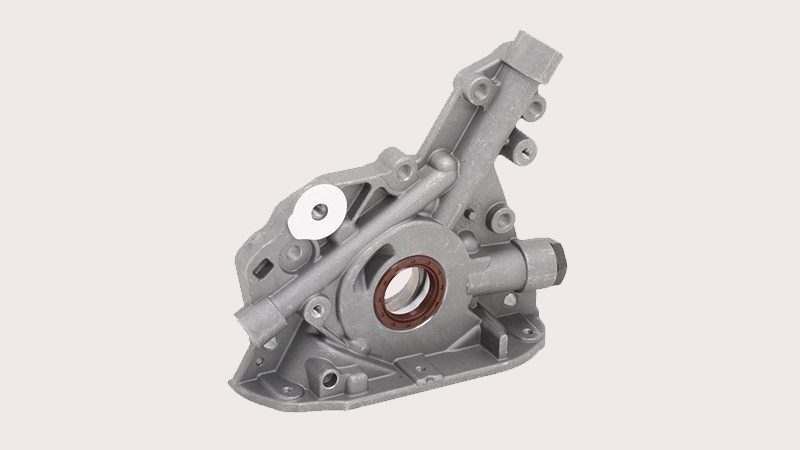
What to Do If You Suspect Oil Pump Failure
If you think your car’s oil pump is failing, it’s important to act fast to prevent further damage. The first thing you should do is stop driving as soon as it’s safe.
Check your oil levels and make sure the oil looks clean—low or dirty oil can be a sign of trouble. However, diagnosing and fixing oil pump issues is something best left to the pros.
It’s essential to consult a certified mechanic right away. They’ll have the right tools and experience to pinpoint the problem and determine whether the oil pump needs to be repaired or replaced.
Preventive Maintenance Tips
Taking care of your oil pump starts with some basic maintenance.
1. Regular Oil Changes
Regular oil changes are essential—be sure to use the right type of oil for your engine to ensure proper lubrication and avoid putting unnecessary strain on the pump.

2. Monitor Oil Levels
It’s also a good idea to check your oil levels regularly, especially if you notice any changes in engine performance. Keeping an eye on your oil can help you catch potential issues before they become bigger problems.
3. Keep Your Engine Clean
Keeping your engine clean is crucial for protecting the oil pump. Regularly clean the air filter, prevent debris buildup, and inspect the oil pump located at the engine’s base during maintenance to ensure it performs optimally.
4. Watch for Warning Signs
Finally, stay alert for early warning signs of oil pump trouble, such as unusual engine noises or fluctuating oil pressure. By catching these issues early, you can address them before they lead to costly repairs.
FAQs
1. How do you know if your oil pump is bad?
Common signs of a bad oil pump include:
- Low oil pressure warning light
- Unusual engine noises like ticking or knocking
- Overheating engine
- Poor engine performance
If you notice these symptoms, it’s crucial to inspect your oil pump and lubrication system as soon as possible to prevent engine damage.
2. What happens when your oil pump is going out?
When an oil pump starts to fail, it can no longer circulate oil effectively throughout the engine. This leads to:
- Inadequate lubrication
- Increased friction and heat
- Accelerated wear of internal engine parts
Left unchecked, a failing oil pump can result in complete engine failure.
3. Will a bad oil pump throw a code?
While a bad oil pump doesn’t usually trigger a specific error code, it can cause symptoms that lead to diagnostic trouble codes (DTCs), such as:
- P0520 (Oil pressure sensor/switch malfunction)
- P0521 (Oil pressure sensor performance issue)
Always scan the vehicle with an OBD-II scanner if you suspect an issue.
4. How do I test if my oil pump is bad?
To test an oil pump:
- Step 1: Check oil pressure with a mechanical gauge.
- Step 2: Inspect the oil level and condition.
- Step 3: Monitor engine temperature and listen for abnormal noises.
If the pressure is significantly below the manufacturer’s specification, the oil pump may be worn out or malfunctioning.
5. What does a failing oil pump sound like?
A failing oil pump may cause:
- Ticking sounds from the valve train due to lack of lubrication
- Knocking noises from the crankshaft bearings
These sounds often indicate metal-on-metal contact and should be addressed immediately to avoid serious damage.
Conclusion
To wrap things up, if you’re noticing low oil pressure, engine overheating, strange noises, or excessive wear, your oil pump could be the problem. Ignoring these symptoms can lead to expensive repairs or even engine failure, so it’s important to take action right away.
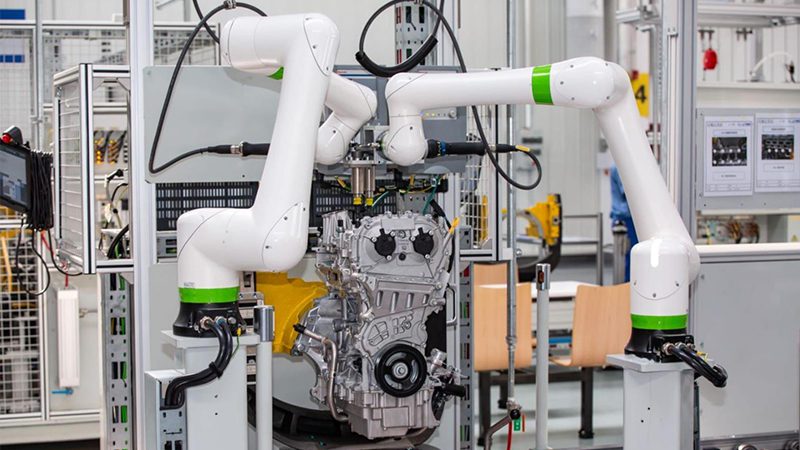
If you need assistance, explore our range of services and premium automotive engine parts at Nanjing Woda Auto Technology Co., Ltd. We specialize in quality components, including high-performance oil pumps, to keep your car in excellent condition. Contact us now to prevent costly repairs and ensure your engine runs like new!

